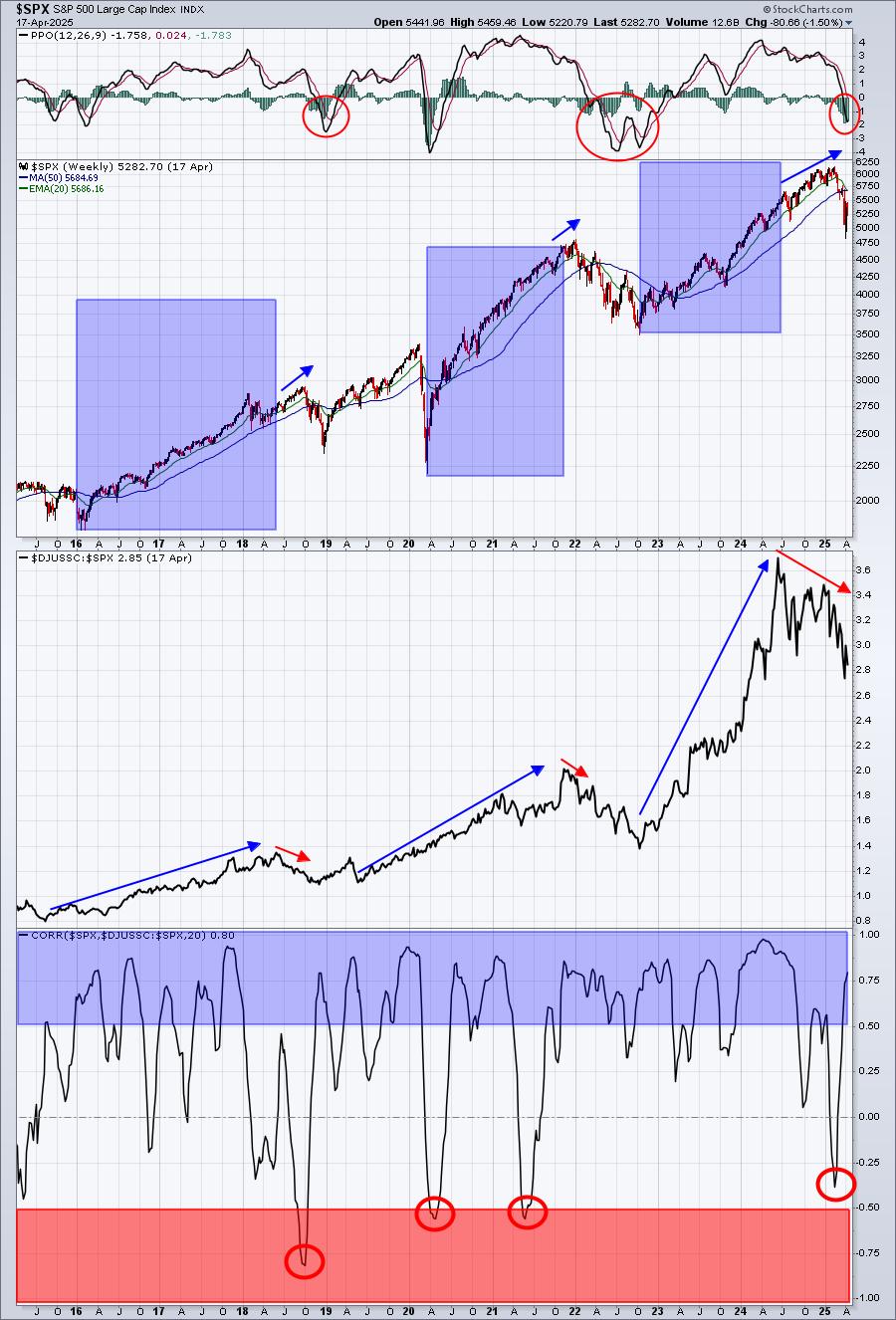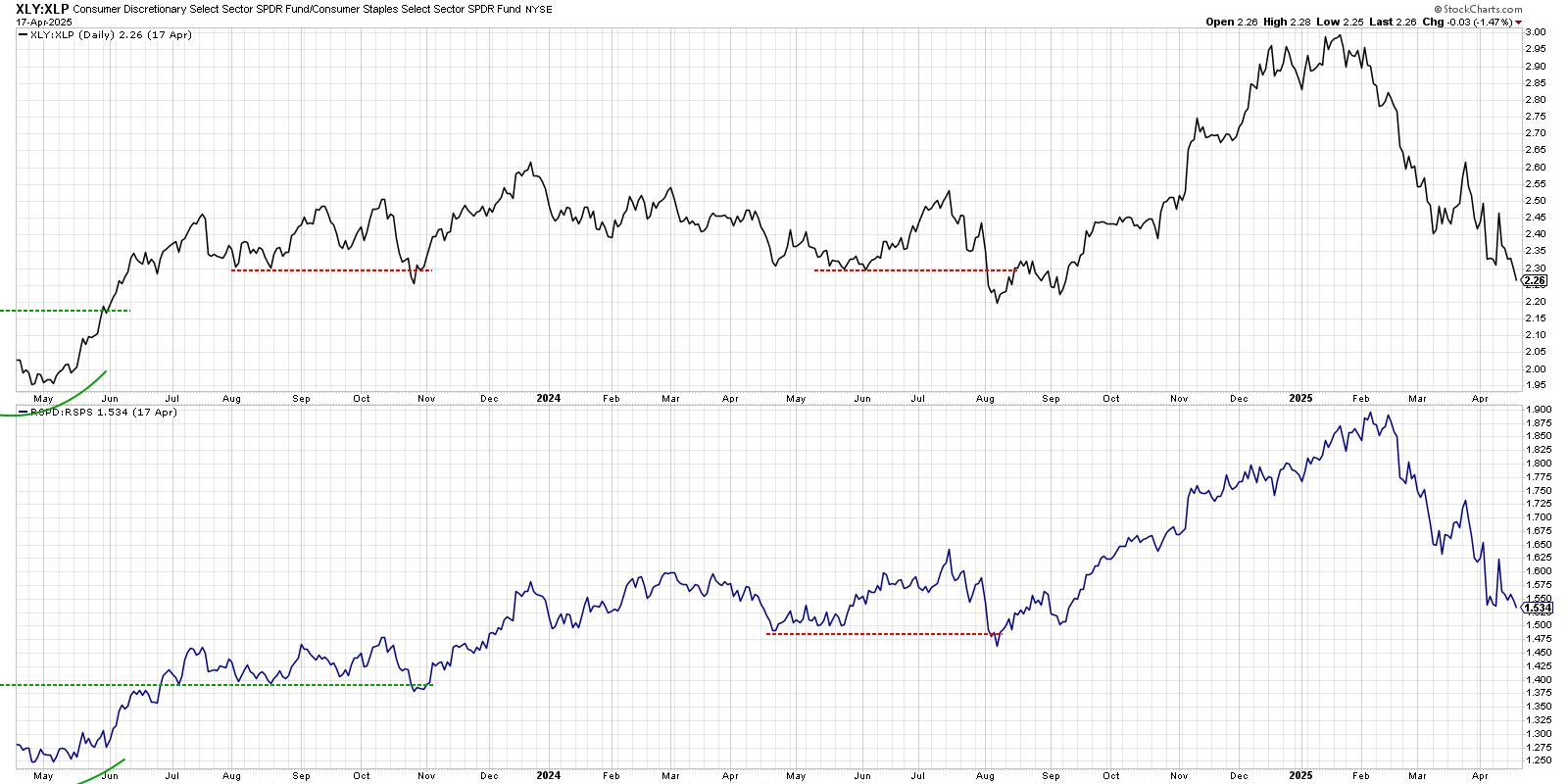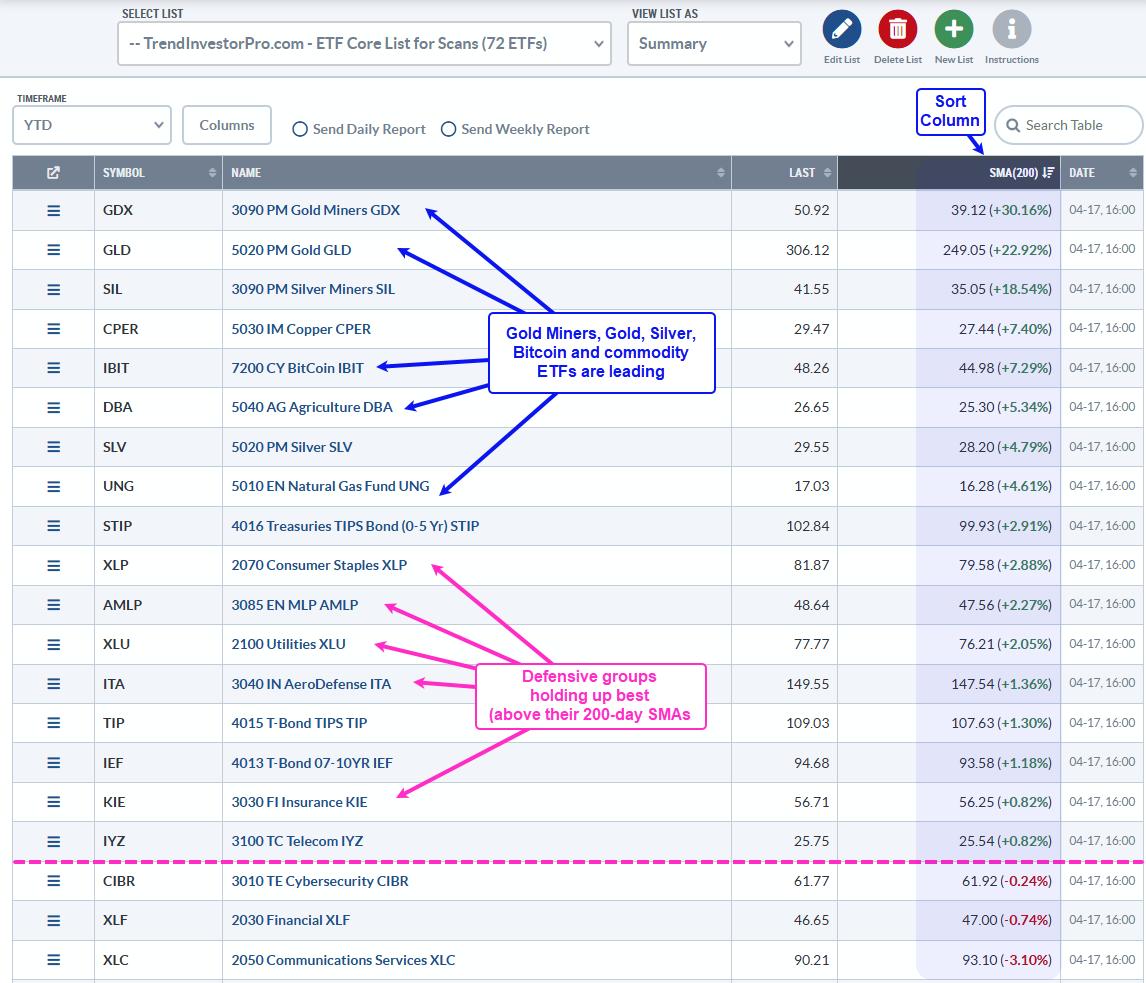“Chains of habit are too light to be felt until they are too heavy to be broken.”
--Warren Buffet
A few weeks ago, I wrote a blog about the four classic elements of mastery. The resulting firestorm from my trading buddies and fellow investors was shocking. Seems as though everyone subscribes to a different mastery model. In other words, my model is just one of many “classic” models of mastery. I was also questioned as to whether mastery in the stock market is even possible in the same sense as mastery of a language, for example. Some argued that it is not possible because mastery of the stock market requires possession of an impossibly diverse set of skills and techniques.
So whatever model of mastery to which you subscribe, do consider that a stock market master makes the difficult look easy, although the journey of attainment is hardly a random cakewalk. This then is the description of the second basket of the investors’ “enemies within” which I gleaned from surveying 80 students in my investment class.
In my first blog, I wrote about “Planning Roadblocks”. The second basket deals with “Knowledge and Education Issues.” As you review these confessions by investors much like yourself, ask if any of these apply to you and then ask yourself how you need to overcome them.
- Intellectually, I’m not satisfied unless the solution has complexity.
- I have a need to know why. I waste a lot of time searching for why.
- I’m an information junkie. I never seem to have enough information.
- I’m informationally challenged. I believe everything I read and whatever the latest guru is telling me.
- I seem to have trouble learning from my past mistakes. I often repeat the same mistakes.
- I lack the ability to focus so I don’t acquire the appropriate expertise.
- Until I’m comfortable paper trading, I’m not going to use real money.
- I’ve learned how to use lots of different tools, but they seem to be the wrong tools.
- I’ve been reluctant to embrace technology and software, and I feel I’m being left behind.
- I’m too cynical. I’m a cynical student. I have trouble believing anyone is willing to help me become a better investor.
The bottom-line is a question you must ask yourself. Are you willing to do whatever it takes to exorcise your “enemies within” and cast away your amateurish inefficiencies to attain stock market mastership? Try to remember what Warren Buffet said: “There seems to be some perverse human characteristic that likes to make easy things difficult.”
In closing, I believe that within all of us exists the desire – if not the need – to master one thing in our lifetime. I submit to you that attempting to acquire the abilities to achieve mastery in the stock market is both a worthy lifetime objective and an achievable goal.
Trade well; trade with discipline!
-- Gatis Roze







